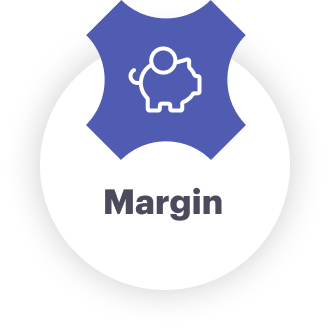 Zimmer Biomet is a global leader in musculoskeletal healthcare, specializing in innovative orthopedic and dental solutions. Founded in 1927 and headquartered in Warsaw, Indiana, the company offers a wide range of products, including joint replacement systems, spine and trauma devices, and dental implants. Zimmer Biomet focuses on advancing medical technology and improving patient outcomes through research, development, and clinical expertise. Their solutions aim to enhance mobility and quality of life for patients around the world.
Zimmer Biomet is a global leader in musculoskeletal healthcare, specializing in innovative orthopedic and dental solutions. Founded in 1927 and headquartered in Warsaw, Indiana, the company offers a wide range of products, including joint replacement systems, spine and trauma devices, and dental implants. Zimmer Biomet focuses on advancing medical technology and improving patient outcomes through research, development, and clinical expertise. Their solutions aim to enhance mobility and quality of life for patients around the world.
INDUSTRY Healthcare & Life Sciences
Impacts Made

enosix enables Zimmer to gain visibility into the availability of surgical instruments, enhancing their ability to respond to customer needs. Zimmer Biomet experienced a 10% increase in revenue after implementing enosix, driven by faster deal cycles and improved operational efficiencies.
By tracking returns effectively, Zimmer can optimize product lifecycle management, reducing losses and potentially increasing revenue through improved customer service and satisfaction.

Zimmer chose enosix because it was a cheaper solution compared to Vigience, directly impacting their bottom line and allowing for better allocation of resources toward revenue-generating activities.
The scalability offered by enosix allows Zimmer to grow without incurring significant IT costs, reducing the TCO for integration and migration to S/4HANA.

With real-time pricing and streamlined processes, Zimmer Biomet saw a 20% reduction in time to quote, boosting sales efficiency and performance.
Customer service was enhanced by faster access to data, enabling a 25% reduction in resolution times and a 20% decrease in order entry time, leading to quicker, more accurate service and improved customer satisfaction.

EMEA stakeholders chose enosix to avoid risks associated with extensive coding on the SAP side, ensuring smoother project execution and reducing the potential for project delays or failures.
The integration of various tech stacks, including Salesforce and MuleSoft, allows Zimmer to leverage established systems, reducing the risk associated with adopting entirely new technologies and ensuring business continuity.